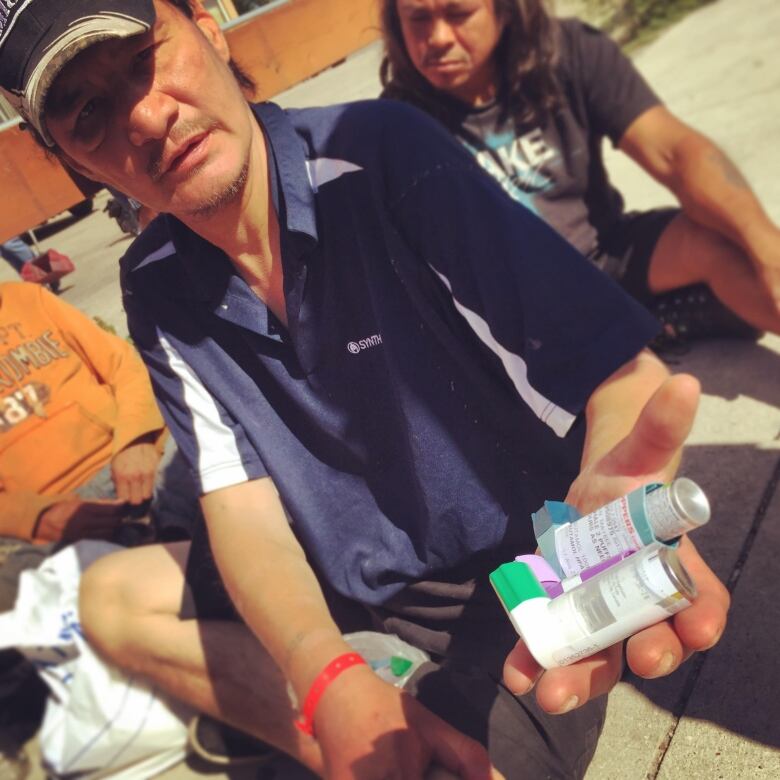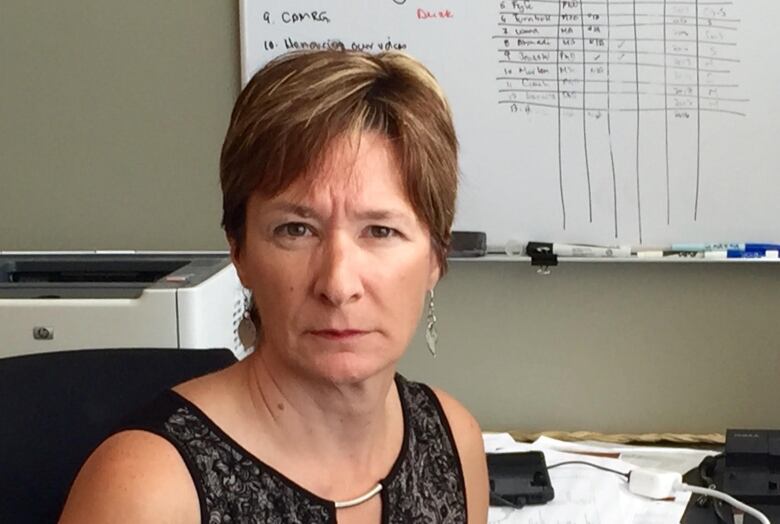First Nations adults more than twice as likely to die from avoidable causes
Statistics Canada study compared First Nations adults, non-indigenous Canadians under 75
A new Statistics Canada report paints a disturbing picture of the quality and length of life for aboriginal people in this country.
It finds First Nations adults have more than twice the risk of dying under the age of 75 from avoidable causes than non-aboriginal people.
Many are hoping the report will send a message during this federal election campaign.
- Auditor general finds major problems in First Nations health care
- Racism against aboriginal people in health-care system 'pervasive': study
- Improving indigenous health starts with reconciliation: Anna Banerji
Brian Maybee lives on the street inWinnipeg, and heis a living example of what thereport talks about. He has cancer, a respiratory illness and substance-abuse issues.
"They said as long as I keep doing this and smoking, I'm going tobe dead before I'm 50 and I'm 41, almost 42," saidMaybee, still wearing his bracelet from his most recent hospital admission.
Avoidable causes, lack of action

Avoidable causes of death include injury and diseases such as tuberculosis, pneumonia and breast cancer. These are illnesses that can be treated successfully through early detection and screening.
Other contributingfactors to an early deathinclude alcohol and drug abuse, education and income levelsand access to health-care services.
- This study involved 61,000First Nations and 2.5 million non-indigenous Canadians between the ages of 25 to 74.
- It excludes people who weren't enumerated in the 1991 long-form census.
- In Canada, avoidable mortality represents 70 per cent of all deaths that occur before age 75.
"As a researcher, Ihave to wonder how many reports do we need until we ask for action," asks Jose Lavoie, head of the Centre for Aboriginal Health Research at the University of Manitoba.

"To me, water, housing, health care on reserve are a priority,and food security. Off reserve, we need to look at equitable access and respectful access to care."
Election issue
Lavoie blames generations of neglect by all levels of government for the elevated health risks faced by Indigenous Peoples. She'd like to see this become an issue in the current federal election.
They don't care about us here, they just wish we'd all disappear.- Brian Maybee
"Unless we're prepared to pressure our politicians to invest in First Nation health, we're not going to see changes," says Lavoie.
That's part of the message at an information session on Wednesday inWinnipeg's Indian and MetisFriendship Centre. It wasput on by the Southern Chiefs Organization.
Grand Chief Terrance Nelson wants to see aboriginal people vote so politicians will take issues like this more seriously.
"We want to make every candidate understand that we are going to be out there voting,and they will vote for the people that are actually dealing with their issues," Nelson said.
Back on the streets,Maybee doesn't have hope that anything will change for himor his friends. He doesn't think Canadiansor politicians are paying attention.
"They don't care about us here, they just wish we'd all disappear," said Maybee.
With files from CBC's Karen Pauls













_(720p).jpg)


 OFFICIAL HD MUSIC VIDEO.jpg)
.jpg)



























































































